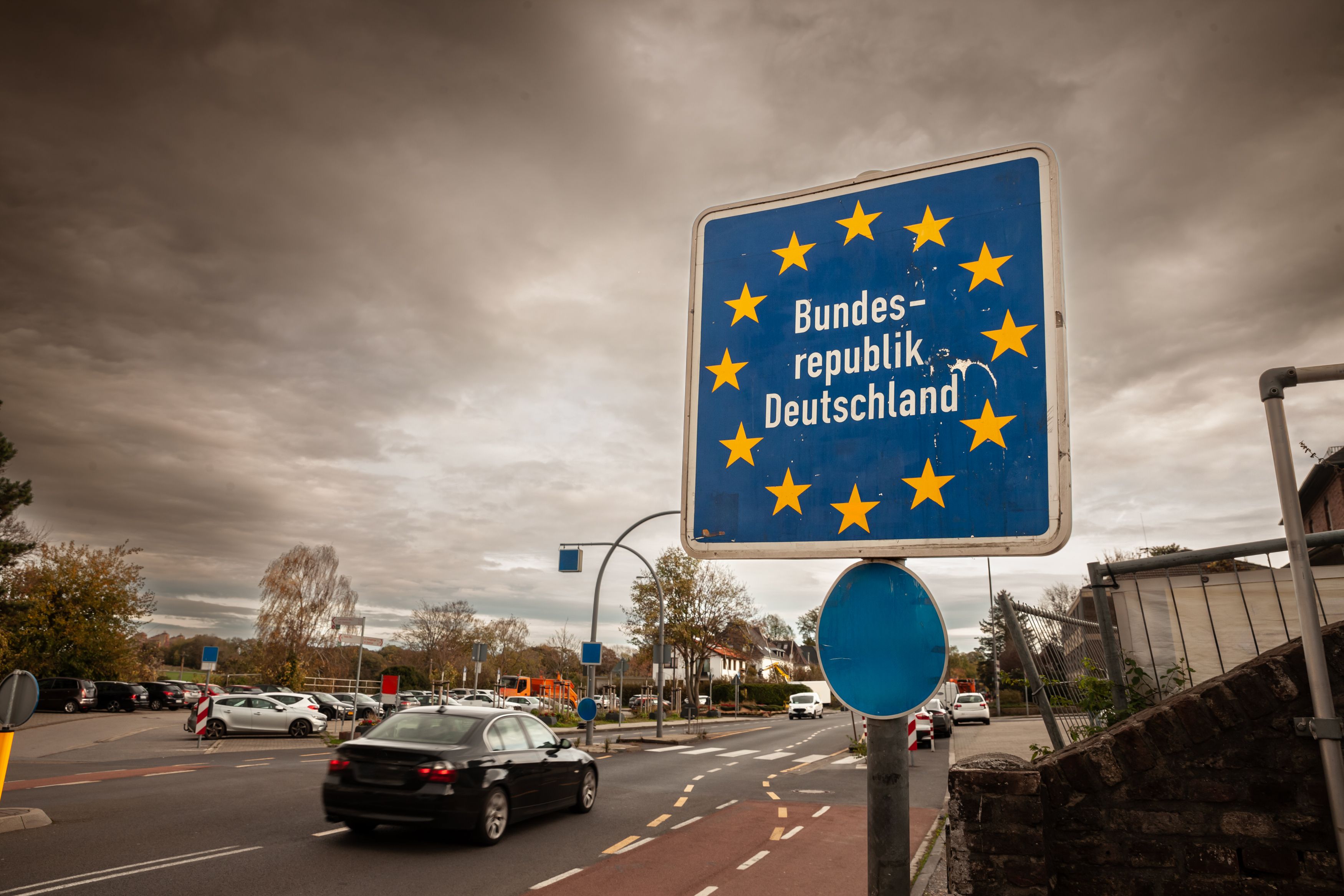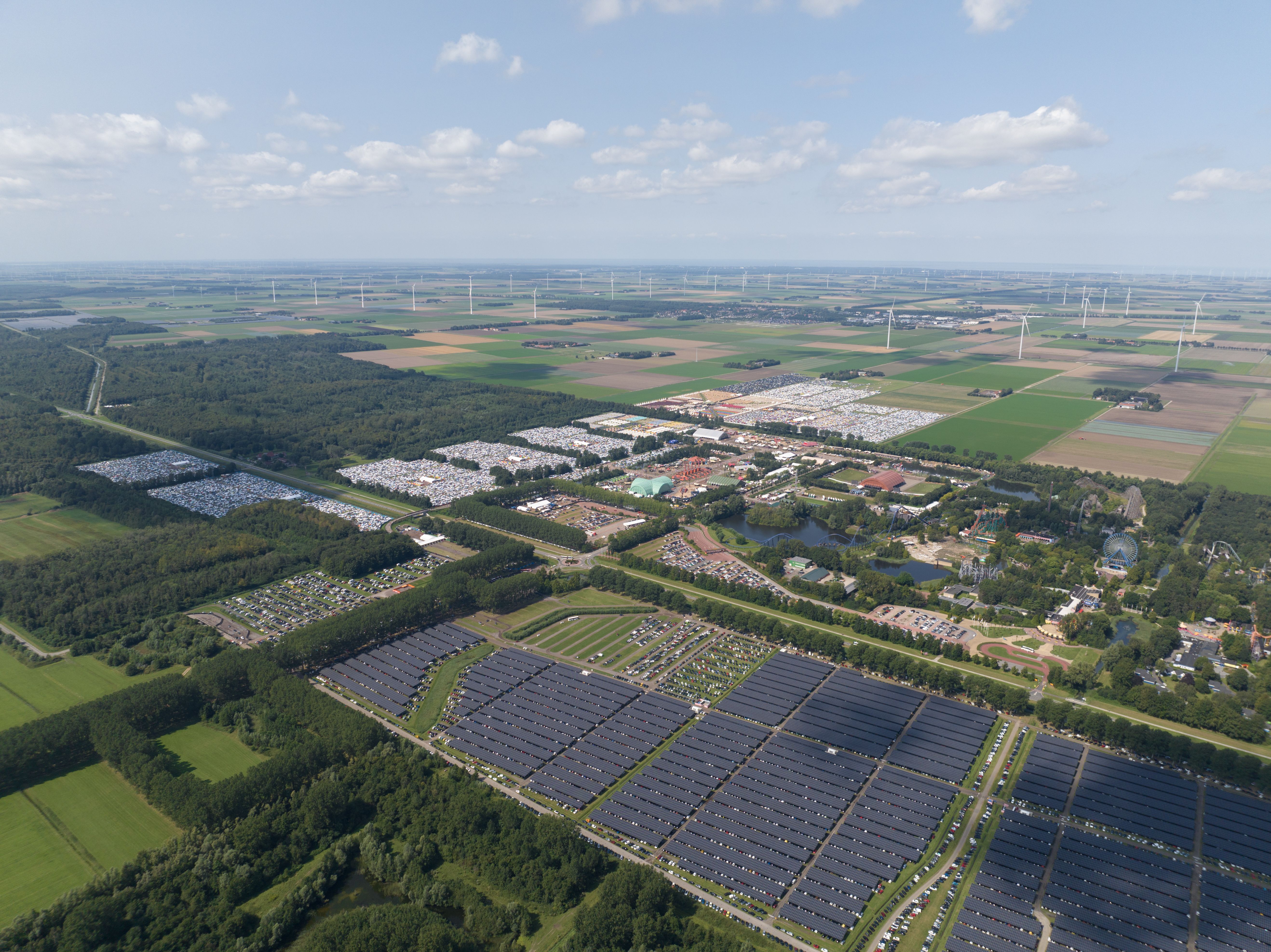Cultural Contrasts: Germany vs Holland
RR
Introduction to Cultural Differences
When exploring the cultural landscapes of Europe, Germany and Holland (the Netherlands) present fascinating contrasts. Despite their geographical proximity, these two nations exhibit distinct cultural identities that are reflected in their traditions, social norms, and everyday life. Understanding these differences can enhance your appreciation of both countries and enrich your travel experiences.
Germany is renowned for its precision, engineering prowess, and rich history, while Holland is famous for its laid-back atmosphere, innovative spirit, and picturesque landscapes. Let's delve deeper into the cultural contrasts between these neighboring nations.

Language and Communication
The German language is characterized by its complexity and precision. Germans tend to communicate in a direct and straightforward manner, which might be perceived as blunt by those from cultures that favor indirect communication. In business settings, this directness is often appreciated for its clarity.
In contrast, the Dutch are known for their informal and open communication style. The Dutch language incorporates a lot of English terms, and many Dutch people are fluent in English, reflecting their international outlook. Conversations in Holland often involve a high degree of humor and sarcasm, which are integral parts of the Dutch communication style.
Social Norms and Etiquette
German society places a strong emphasis on orderliness and punctuality. This is evident in their well-organized public transportation systems and adherence to schedules. Being late to meetings or social gatherings is typically frowned upon. Additionally, Germans value privacy and personal space, so it is customary to maintain a certain level of formality during interactions.

On the other hand, Dutch society is more relaxed when it comes to time management. While punctuality is still valued, there is more flexibility compared to Germany. The Dutch are known for their egalitarian values, which are evident in their casual approach to hierarchy. This is reflected in their use of first names in professional settings and the absence of strict formalities.
Festivals and Celebrations
Germany is famous for its vibrant festivals such as Oktoberfest, which celebrates Bavarian culture with beer, traditional music, and hearty food. Germans take great pride in their regional traditions and often dress in traditional costumes during these events. Christmas markets are another highlight, showcasing Germany's festive spirit during the holiday season.
In Holland, King's Day is one of the most celebrated national holidays. The entire country turns into a sea of orange as people take to the streets to enjoy parades, street performances, and flea markets. The Dutch also celebrate Sinterklaas, a festive occasion similar to Christmas but with its own unique traditions.

Work-Life Balance
In Germany, work-life balance is taken seriously, with clear distinctions between work and personal life. Germans are known for their strong work ethic but also prioritize leisure time. This balance is often achieved through structured working hours and generous vacation policies.
The Dutch also value work-life balance and are known for their part-time work culture. Many Dutch employees work fewer hours per week compared to their German counterparts. This approach allows them to enjoy more personal time while maintaining productivity.
Conclusion: Embracing Diversity
Germany and Holland offer a rich tapestry of cultural experiences that reflect their unique histories and societal values. By understanding and appreciating these differences, we can foster mutual respect and deepen our cultural awareness. Whether you're engaging in business or simply exploring as a tourist, embracing these cultural contrasts will enhance your overall experience.